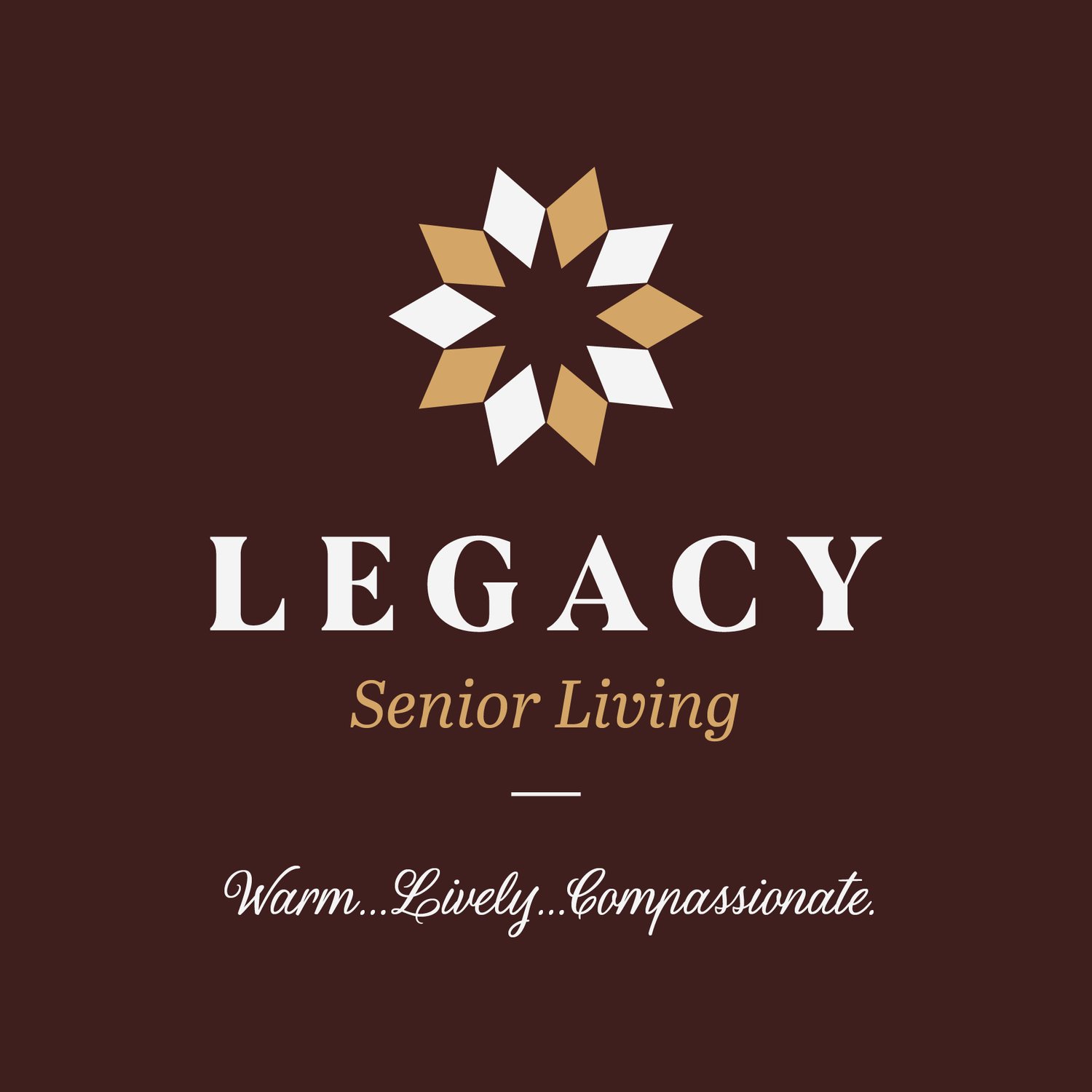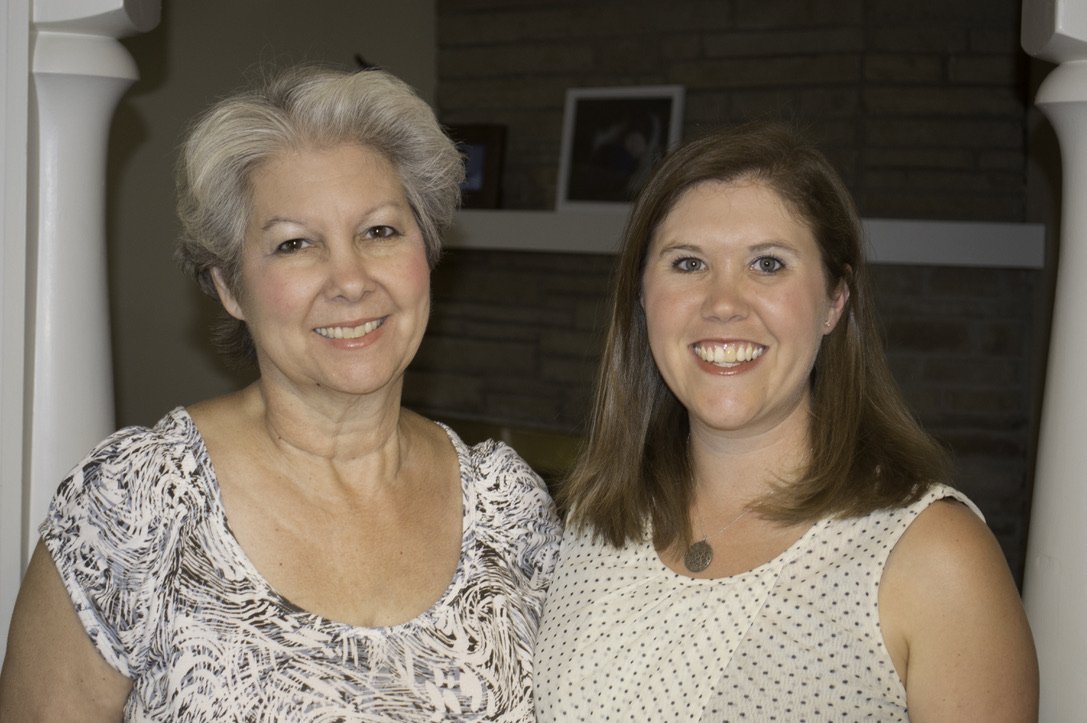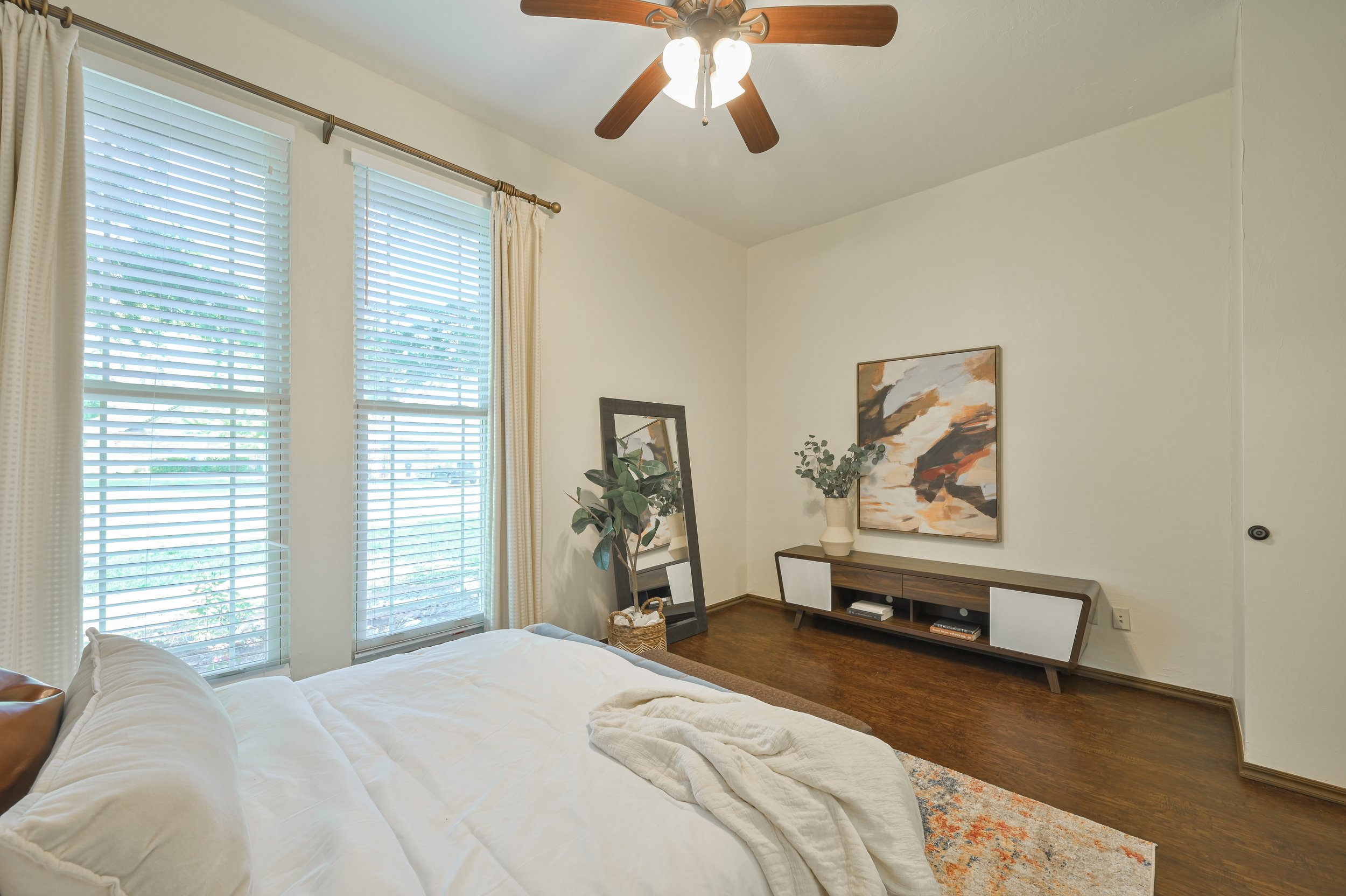Understanding different Senior Living Options and levels of care
Understanding the different care options is just 1 of the 9 factors that you should discuss with your family when discussing how to support an aging loved one.
Understanding the different Senior Living options: Home Living, Independent Living, Assisted Living, and Nursing Homes
Introduction
As we or our loved ones age, the question of where to live becomes increasingly important. Each stage of life comes with its unique needs and challenges, and the decision between staying at home, moving to an independent living community, transitioning to assisted living, or considering a nursing home requires careful consideration. In this blog post, we'll delve into the differences between these options to help you make an informed choice.
Living at Home:
For many, the thought of aging in place and staying in the comfort of their own homes is appealing. Home living offers familiarity, independence, and a sense of security. However, it's essential to acknowledge that as we age, daily tasks can become more challenging. While staying at home provides autonomy, it might also require modifications to the living environment, in-home care services, and regular check-ins to ensure safety and well-being.
Independent Living:
Independent living communities are perfect for those who desire an active and social lifestyle without the burden of maintaining a house. Residents live in private apartments or cottages within a community that offers amenities such as fitness centers, recreational activities, and communal dining. It's an excellent option for older adults who want to downsize and simplify their lives while enjoying the company of peers. Independent living provides a sense of community and freedom while ensuring assistance is available if needed.
Assisted Living:
Assisted living strikes a balance between independence and support. This option is suitable for individuals who need help with daily activities like bathing, dressing, and medication management. Residents have private living spaces while benefiting from services like housekeeping, meals, and transportation. Trained staff members are on hand 24/7 to offer assistance, creating a comfortable environment for seniors to age gracefully with the necessary care they require.
Nursing Homes:
Nursing homes, also known as skilled nursing facilities, provide intensive medical and personal care for individuals with complex health needs. These facilities are staffed with licensed medical professionals, including registered nurses and doctors, ensuring residents receive the medical attention they require. Nursing homes are ideal for those with chronic illnesses, disabilities, or recovering from surgeries who need round-the-clock monitoring, medical assistance, and personal care.
Choosing the Right Option
Selecting the right living arrangement depends on factors such as health status, personal preferences, social needs, and available financial resources. Here are some considerations to help guide your decision:
Healthcare Needs: Assess the level of medical care required and whether medical conditions are stable or progressing.
Independence: Determine the desired level of independence and whether you need assistance with daily tasks.
Social Engagement: Consider how important community and social activities are for your mental and emotional well-being.
Financial Situation: Understand the costs associated with each option, including potential long-term care expenses.
Safety: Evaluate whether the current living environment can be modified to ensure safety or if a more structured setting is necessary.
Family Support: Discuss the decision with family members to gather their insights and perspectives.
Conclusion
As we journey through different stages of life, our living preferences and needs evolve. Whether you're considering aging at home, exploring independent living, evaluating assisted living communities, or contemplating a nursing home for more intensive care, each option has its unique advantages. The key is to make an informed decision that aligns with your well-being, comfort, and desired lifestyle, ensuring a fulfilling and supportive living arrangement for yourself or your loved ones.
Senior Care Planning Check List
Creating a comprehensive senior care plan involves careful consideration of various aspects to ensure the well-being and quality of life of your loved one. Here's a checklist to guide you through the process:
At Legacy Senior Living our mission is to transform the aging process through the comfort of home by walking alongside our residents and providing compassionate, personalized care. This starts with a comprehensive plan. Below is a checklist you can use with your family to guide you through this process. You can always call us at (405) 438-3157 for additional resources to help you navigate this process.
Assessment and Planning:
Evaluate Care Needs:
Determine the level of care required (e.g., independent living, assisted living, nursing home, home care). Free guide available here: https://www.legacyseniorhomes.com/care-assessment
Assess medical needs, mobility, cognitive abilities, and daily living skills.
Financial Planning:
Review savings, insurance, pensions, and other income sources.
Engage local resources for support in identifying any assistance programs.
Legal and Documentation:
Ensure the senior has an updated will, power of attorney, and advanced healthcare directive.
Organize legal documents (birth certificate, insurance policies, Social Security card).
Medical Considerations:
Compile a list of medical conditions, medications, and allergies.
Choose a primary care physician and specialists.
Discuss end-of-life wishes and medical preferences.
Living Arrangements:
Housing Options:
Determine if staying at home is feasible or if assisted living/nursing home is required.
Explore home modifications for safety and accessibility.
Home Care Services:
Research in-home care agencies or caregivers.
Discuss the need for assistance with daily activities, such as bathing, dressing, cooking, and cleaning.
Healthcare:
Medical Providers:
Establish a relationship with healthcare professionals.
Schedule regular check-ups and screenings.
Medication Management:
Set up a medication schedule and system (e.g., pill organizer, medication reminders).
Consider a pharmacy that offers medication synchronization.
Emotional and Social Well-being:
Social Engagement:
Encourage participation in social activities, clubs, or senior centers.
Explore opportunities for hobbies and interests.
Mental Health:
Arrange mental and emotional support if needed (counseling, therapy, support groups).
Encourage brain-stimulating activities (puzzles, games, reading).
Safety and Security:
Fall Prevention:
Make home modifications to prevent falls (grab bars, non-slip rugs, adequate lighting).
Encourage use of mobility aids if necessary (walker, cane).
Emergency Preparedness:
Create an emergency contact list.
Install medical alert systems or wearable devices.
Nutrition and Lifestyle:
Healthy Diet:
Ensure a balanced diet that meets nutritional needs.
Address dietary restrictions or allergies.
Physical Activity:
Encourage regular exercise based on capabilities.
Consider physical therapy or adaptive exercise programs.
Transportation:
Transportation Options:
Arrange transportation for medical appointments, social outings, and errands.
Driving Assessment:
Evaluate driving abilities and consider driver safety programs.
Why Aging With Grace
Actionable information from our founder, Katie Dickey, on ways to navigate the aging process. Katie will discuss how Residential Assisted Living supports basic human needs of protection, comfort, community, and support. She applies 11 years of clinical practice, with her personal experiences and modern research to help support your family.
Aging with grace is intended to open conversations around the aging process. As a physician assistant and daughter who navigated this process with my mother, I want to help support families through this life process. I am looking forward to the conversation.
~ Katie







